Can You Get a Conventional Loan After Chapter 13 Bankruptcy? Your Complete Guide to 2024 Requirements and Options
If you’ve recently gone through a Chapter 13 bankruptcy, you’re probably wondering if you can qualify for a conventional loan after Chapter 13. It’s a common concern, and you’re not alone. Numerous homeowners who have tried to restore their credit after experiencing bankruptcy frequently seek options to obtain a mortgage to purchase a home or refinance an existing loan.
Here’s the good news: You can qualify for a conventional loan after Chapter 13, but there are certain requirements you must meet. This guide will walk you through the waiting periods, credit score requirements, and everything you need to know to boost your chances of approval. We’ll also cover the latest updates for 2024, so you’re up-to-date on everything you need to secure the home loan you deserve.
What Is Chapter 13 Bankruptcy?
Before discussing the specifics of obtaining a conventional loan following Chapter 13 bankruptcy, let’s first examine what Chapter 13 bankruptcy entails and how it functions.
Chapter 13 bankruptcy, a “reorganization” or “repayment” bankruptcy, helps individuals reorganize their debts and set up a repayment plan. Unlike Chapter 7, where most of your unsecured debts are wiped out, Chapter 13 allows you to pay off a portion of your debts over a 3 to 5-year period. At the end of the plan, the remaining debt is discharged.
Key Points to Remember About Chapter 13 Bankruptcy:
- You’ll pay monthly to a trustee, who distributes them to your creditors.
- Any remaining qualifying debt is discharged at the end of the repayment period.
- They remain on your credit report for seven years, but it does not stop you from obtaining a mortgage.
The Waiting Period: How Long Do You Have to Wait for a Conventional Loan After Chapter 13?
Many people ask the most important question: How long do I have to wait to get a conventional loan after Chapter 13?
The waiting period depends on whether your Chapter 13 bankruptcy is discharged or still in repayment. Here’s what you need to know:
Waiting Period After Chapter 13 Discharge:
- According to the guidelines established by Fannie Mae and Freddie Mac, individuals must wait two years following the discharge date of their Chapter 13 bankruptcy before they are eligible to apply for a conventional loan.
- During these two years, you must have received all the payments on your bankruptcy repayment plan, and you must maintain a steady income.
Waiting Period If You’re Still in Chapter 13 Repayment:
- You can’t qualify for a conventional loan while still in Chapter 13 repayment unless you’ve received permission from the bankruptcy court.
- If the court approves, you may qualify for a conventional loan as early as one year into your Chapter 13 repayment period.
Pro Tip: The key to qualifying for a conventional loan after Chapter 13 is following the guidelines outlined by your trustee and court. If you keep up with your payments, you’ll be much closer to qualifying for a loan as soon as the discharge period ends.
Apply For Conventional Loan After Chapter 13
Apply Online And Get recommendations From Loan Experts
Credit Score and Other Requirements for Conventional Loans After Chapter 13
Once you’ve met the waiting period, there are still a few other requirements to qualify for a conventional loan after Chapter 13 bankruptcy. The key elements are your credit rating, debt-to-income ratio (DTI), and your history of payments.
Minimum Credit Score for Conventional Loan After Chapter 13:
For most conventional loans, lenders require a minimum credit score of 620. While this is the standard, some lenders may have stricter requirements, especially if you’re applying for a loan shortly after your bankruptcy discharge.
It’s crucial to start rebuilding your credit as soon as possible after your Chapter 13 discharge. This can be done by:
- Paying bills on time
- Reducing your credit card balances
- Review your credit report frequently for any errors.
Note: If your credit score is below 620, you can improve it by using a secured credit card. You can also become an authorized user on someone else’s credit account. Every small step you take helps raise your score.
Debt-to-Income Ratio (DTI):
Your debt-to-income ratio (DTI) is important when seeking a conventional loan after filing Chapter 13. This ratio assesses your total monthly debt obligations in relation to your gross monthly earnings. A lower DTI increases your chances of being approved for a loan.
- Fannie Mae and Freddie Mac generally allow a DTI of up to 50%, but some lenders may have stricter limits. Your monthly debt payments, which includes your new mortgage, should not be more than 50% of your gross monthly income.
- If your DTI is higher than 50%, consider other options, like reducing existing debt or increasing your income.
No Late Payments Post-Discharge:
Once your Chapter 13 is discharged, it’s crucial to maintain a clean record. Lenders will want to see that you have received all payments on your existing debts or mortgage (if applicable) after the discharge. The better your payment history post-bankruptcy, the stronger your loan application will be.
Can You Qualify for a Conventional Loan While Still in Chapter 13 Bankruptcy?
As previously noted, obtaining a conventional loan during Chapter 13 while you are still making repayments is challenging, yet it is feasible. If you’ve been in Chapter 13 for at least one year and have maintained a clean payment history, you may qualify with permission from the bankruptcy court.
How to Proceed:
- Request Permission from the Court: You must request a motion to incur debt from the bankruptcy court, which allows you to apply for a mortgage.
- Provide Proof of Steady Income: You’ll need to show that you’ve been making consistent, on-time payments on your Chapter 13 plan and can repay a new mortgage.
- Meet Lender Requirements: Once the court grants permission, you must meet all the lender’s requirements, including minimum credit score and DTI limits.
Other Mortgage Options to Consider After Chapter 13 Bankruptcy
If a conventional loan after Chapter 13 doesn’t seem the best option for you, don’t worry! There are other types of mortgages you may be able to qualify for:
1. FHA Loans:
- FHA loans are often a great option for borrowers after Chapter 13 bankruptcy, especially if you’re looking to buy your first home. If you get court approval, you can qualify for an FHA loan one year into a Chapter 13 bankruptcy repayment plan.
- After your Chapter 13 bankruptcy is finalized, you can become eligible for FHA loans if you have at least a 580 credit score and a down payment of only 3.5%.
- If your credit score is below 580, you may still qualify with a 10% down payment.
2. VA Loans:
- A VA loan might be a great choice if you’re a veteran or active-duty military. VA loans have no waiting period after Chapter 13 discharge, meaning you can apply for a loan immediately after discharge.
- VA loans also allow for higher DTIs (up to 60%) and don’t require a down payment, making them one of the veterans’ most flexible loan options.
3. USDA Loans:
USDA loans, available for rural and suburban areas, have a 3-year waiting period after Chapter 13 bankruptcy discharge, similar to FHA and conventional loans. USDA loans provide the option of no down payment, but there are restrictions on income and specific requirements regarding the location of the property.
Get Qualify For Conventional Loan After Chapter 13
Apply Online And Get recommendations From Loan Experts
Tips for Improving Your Chances of Getting a Conventional Loan After Chapter 13
Meeting the basic criteria for a conventional loan following Chapter 13 bankruptcy is a positive beginning, but there are several extra tactics you can employ to enhance your likelihood of being approved.
- Save for a Larger Down Payment: Making a larger down payment can help improve your chances of getting a loan, even if you have a low credit score or a high debt-to-income ratio. While many traditional loan programs allow down payments as low as 3% to 5%, putting down 10% or more may boost your chances of approval.
- Consider a Co-Signer: If your credit or DTI isn’t where it needs to be, consider asking a family member or friend to co-sign the loan. Having a co-signer who has a solid credit history can increase your likelihood of getting approved.
- Focus on Rebuilding Your Credit: As previously stated, having good credit is essential for obtaining a conventional loan. Concentrate on improving your credit score by settling credit card debts, making payments on time, and avoiding new debt.
Conclusion:
Obtaining a conventional loan after filing for Chapter 13 is achievable but demands meticulous planning and a focus on details. By following the waiting period guidelines, improving your credit, and keeping a clean payment history, you’ll be in a strong position to secure a mortgage.
Once you’ve finished your Chapter 13 bankruptcy repayment plan and are looking to consider your options, consult a mortgage broker or lender with experience assisting borrowers post-bankruptcy. They can walk you through the process, clarify your loan choices, and assist you in obtaining the most favorable deal.
Ready to take the next step? Contact Gustan Cho Associates at 800-900-8569 or alex@gustancho.com to learn more about conventional loans after Chapter 13 or to start your mortgage application.
Frequently Asked Questions About Conventional Loan After Chapter 13:
Q: How Long Do I Wait to Qualify for a Conventional Loan After Chapter 13 Bankruptcy?
A: Before applying for a conventional loan, you must wait two years after your Chapter 13 bankruptcy is discharged. Throughout this period, you must continue to make all payments according to the bankruptcy repayment plan and maintain a stable income.
Q: Can I Get a Conventional Loan While Still in Chapter 13 Bankruptcy?
A: It is feasible to be eligible for a Conventional Loan while still in Chapter 13 repayment, provided you obtain court approval. Following a year of making timely payments, you can ask the court for approval by showing that you have a steady income and are capable of managing the mortgage.
Q: What Credit Score Do I Need to Get a Conventional Loan After Chapter 13 Bankruptcy?
A: In the case of a Conventional Loan following Chapter 13, most lenders typically demand a minimum credit score of 620. Certain lenders might impose more stringent criteria, particularly if your bankruptcy has recently been discharged. Focus on enhancing your credit score before submitting your application.
Q: What is the Debt-to-Income Ratio Requirement for a Conventional Loan After Chapter 13?
A: To qualify for a conventional loan following Chapter 13 bankruptcy, your debt-to-income (DTI) ratio needs to be 50% or less. If your DTI exceeds this amount, you might have to lower your current debt or boost your income.
Q: Can I Qualify for a Conventional Loan if I Missed a Payment During Chapter 13 Repayment?
A: No, to qualify for a Conventional Loan after Chapter 13, you must have no late payments during the bankruptcy repayment period. It’s crucial to keep up with all payments to ensure eligibility.
Q: What Happens if my Credit Score is Below 620 After Chapter 13 Bankruptcy?
A: If your credit score is below 620, you can still improve it by paying down debts, using secured credit cards, or becoming an authorized user of someone else’s credit card. This can help raise your score to meet the conventional loan requirements.
Q: What are the Benefits of Getting a Conventional Loan After Chapter 13 Instead of an FHA or VA Loan?
A: A Conventional Loan generally provides more favorable interest rates and conditions compared to FHA or VA loans, particularly if your credit score and debt-to-income ratio are in good standing. It’s also ideal to avoid the extra fees and mortgage insurance required by FHA loans.
Q: What Other Mortgage Options are Available if I Can’t Get a Conventional Loan After Chapter 13?
A: If you can’t qualify for a Conventional Loan, you may still be eligible for FHA, VA, or USDA loans. These options have more flexible eligibility requirements and can be a great alternative after bankruptcy.
Q: How Can I improve my Chances of Getting Approved for a Conventional Loan After Chapter 13?
A: To increase your chances of approval, focus on:
- Saving for a larger down payment (10% or more)
- Having a co-signer with good credit
- Improving your credit by reducing credit card debt and making on-time payments
Q: Can I Refinance my Mortgage After Chapter 13 Bankruptcy with a Conventional Loan?
A: Yes, if your Chapter 13 bankruptcy is discharged, and you meet the requirements (waiting period, credit score, and DTI), you can refinance your existing mortgage into a Conventional Loan after Chapter 13 to lower your interest rate or change your loan terms.
This blog about “Conventional Loan After Chapter 13 Bankruptcy Guidelines” was updated on December 3rd, 2024.
Take First Step Toward Making Your Dream A Reality
Apply Online And Get recommendations From Loan Experts


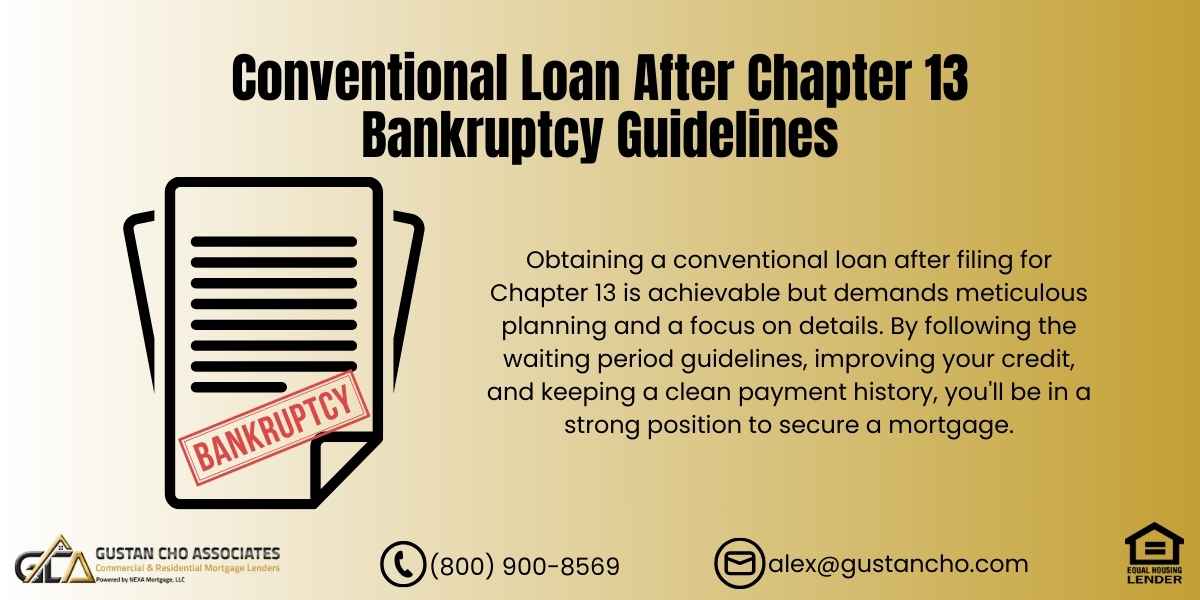



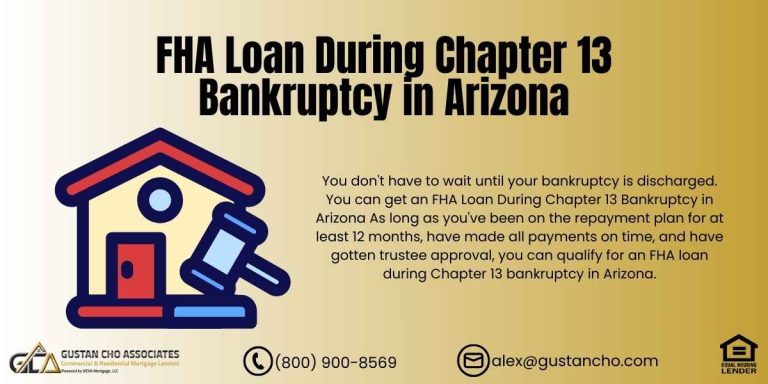
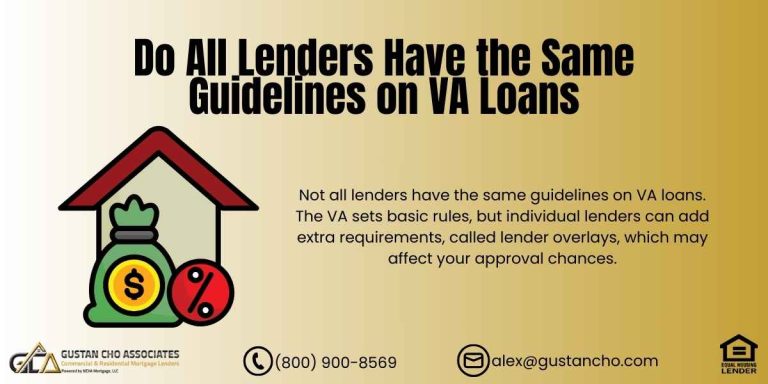
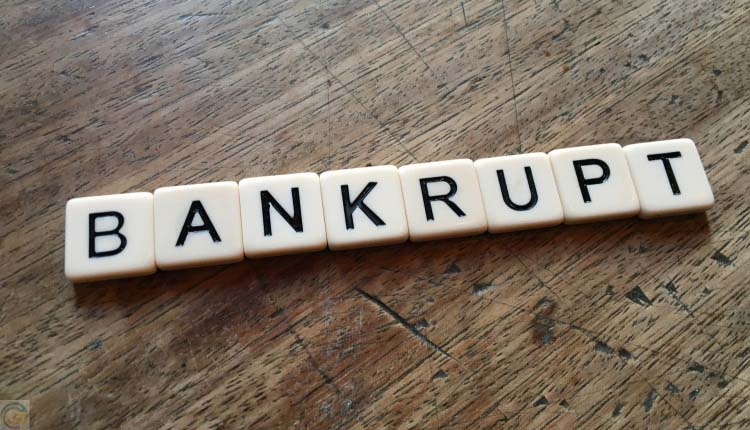
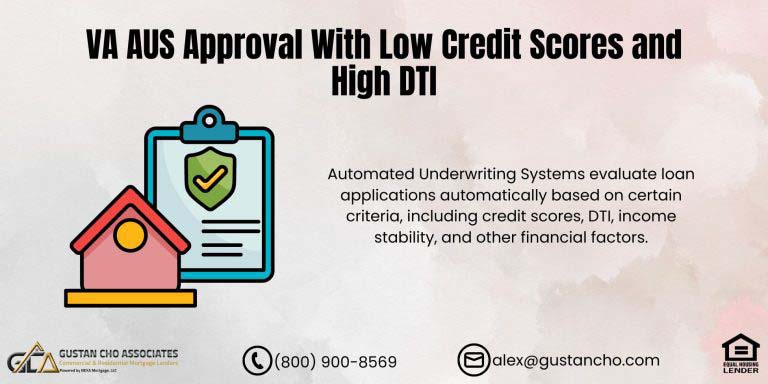
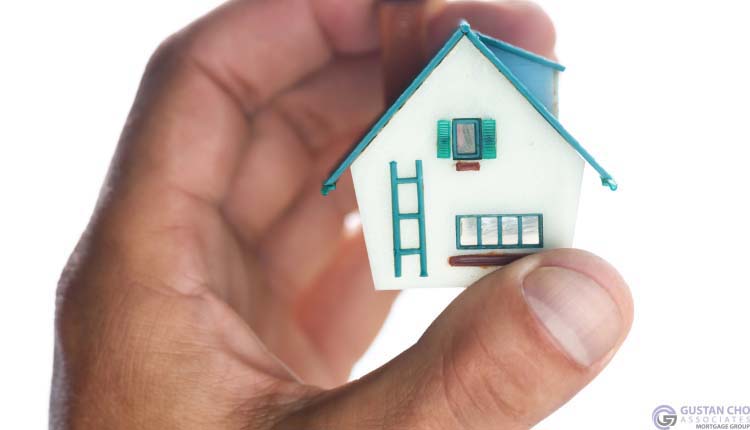
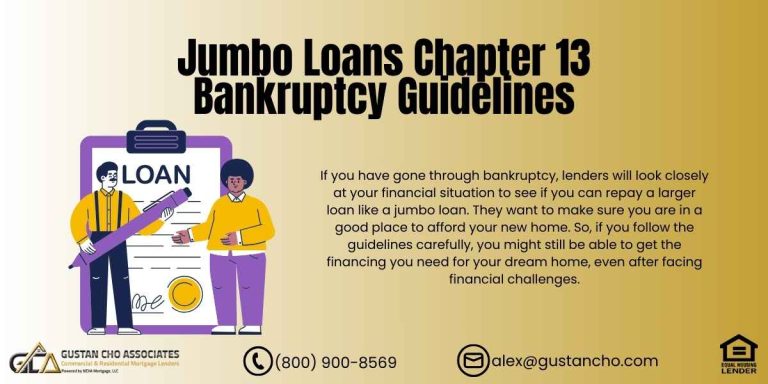
Hi, my BK chapter 13 has been over 1 year since its been discharged. Im in process of buying a home thru FHA loan but I want to do a conventional loan since I’m willing to put 20%down. Would I be qualified for conventional?